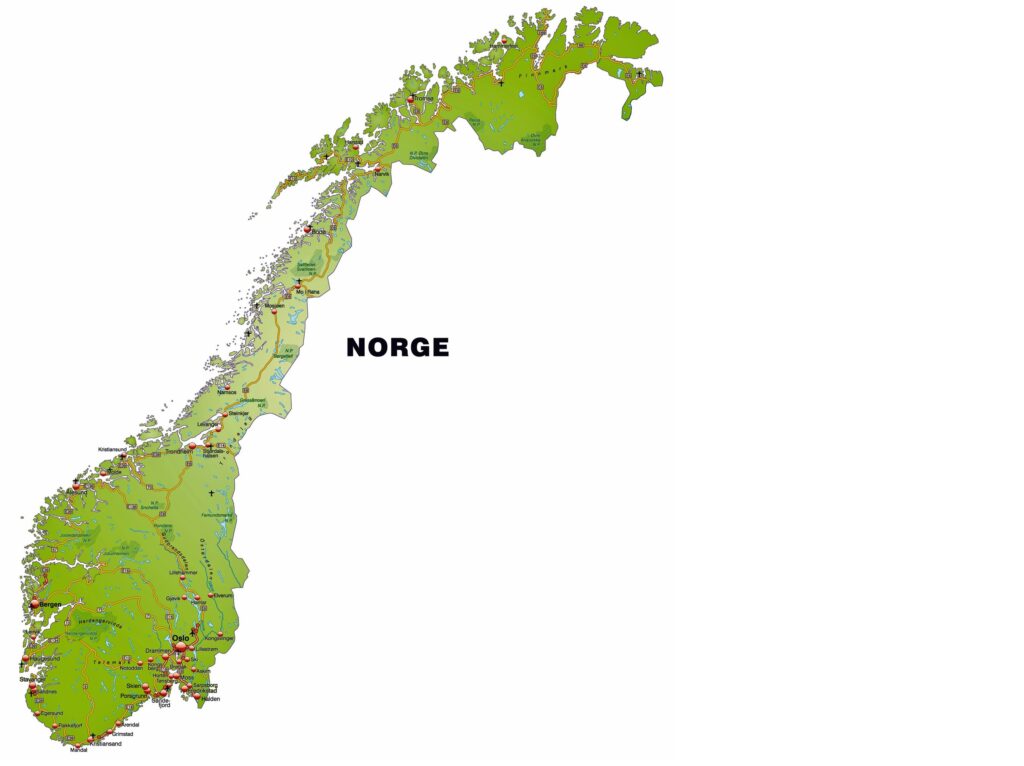 Norway’s population and land area may be only 0.07% and 0.08% respectively of that of the world, but through their nation’s $1.2 trillion oil wealth fund they own the equivalent of 1.5% of every listed company. If any single organisation is able to help overcome the market failure represented by the capture of economic rent by the managers (and the connivance in this of toothless or complicit remuneration committees), it is the custodians of Norway’s accumulated oil receipts.
Norway’s population and land area may be only 0.07% and 0.08% respectively of that of the world, but through their nation’s $1.2 trillion oil wealth fund they own the equivalent of 1.5% of every listed company. If any single organisation is able to help overcome the market failure represented by the capture of economic rent by the managers (and the connivance in this of toothless or complicit remuneration committees), it is the custodians of Norway’s accumulated oil receipts.
It is reassuring to discover that Nicolai Tangen, chief executive of the fund, is on the case. Not only has it just voted against the pay packet proposed for Intel’s executives, but it voted against the remuneration proposal at Apple in March, having voted done the same at IBM, General Electric, and Harley Davidson earlier this year.
In an interview published in this weekend’s Financial Times, Mr Tangen explains that it has remuneration proposals that are not justified by performance, are opaque or not long-term in its sights. “We are in an inflationary environment, where we are seeing many companies with pretty mediocre performance coming out with pretty big pay packages. We are seeing corporate greed reaching a level that we haven’t see before, and it’s becoming very costly for shareholders in terms of dilution.”
He continues by blaming shareholders for not voting their shares: “We feel to a certain extent that shareholders haven’t really done their job in this area. We are sensing a bit of a shift in sentiment among the large shareholders in the world towards more scrutiny and more requirement for alignment.” However, he argues that the fault lies primarily with the boards themselves, stating that the “main blame is clearly with the CEOs and boards.”
Blaming the CEOs may be a bit unfair, even if it suggests that they are being less than strategic and are failing to fulfil their fiduciary responsibilities given that this will probably damage the interests of the company in long term, certainly if the investment community ever gets its act together. But it does point to a failure of the board as a whole, and particularly non-executive directors.
The FT also quotes the fund’s chief governance and compliance officer who says that the fund is currently targeting US companies because this is where the problem is most egregious. This suggests that there is a particular problem in relation to governance in the US. Part of the problem may be that although the US model places, in theory, greater power in the hands of the non-executives who generally compose almost all the board other than the CEO than models elsewhere, there is a tendency towards appointing a high proportion of NEDs who are either current or former CEOs themselves. The problem is compounded further in the US in the ease, particularly in the tech sector at the IPO stage, with which corporations employ share structures that limit the voting power of external investors. In some respects, the US corporate governance is broken, but it most certainly is if other big investors fail to follow the lead of the very large investor from the very small country near the top of the world.